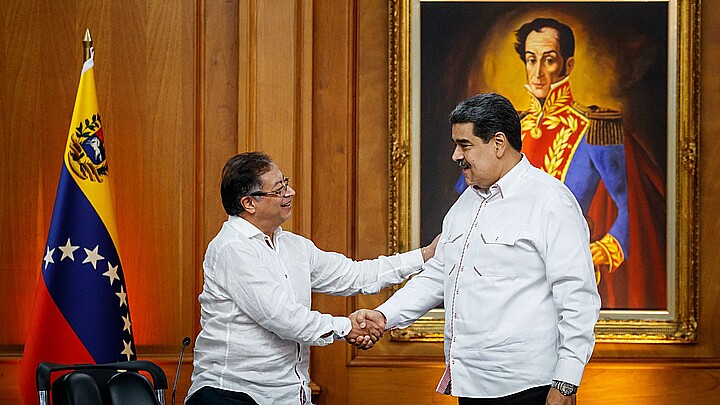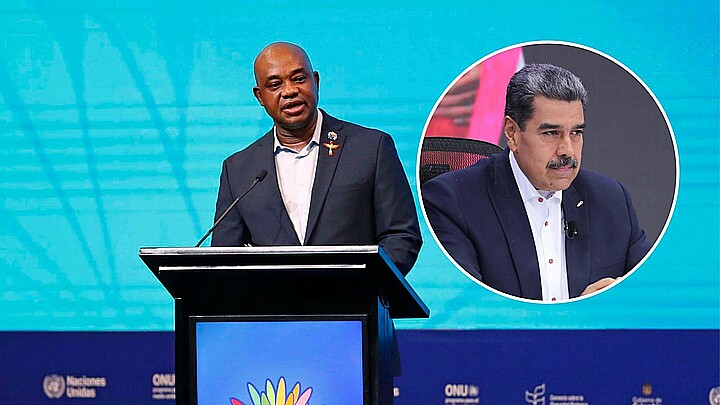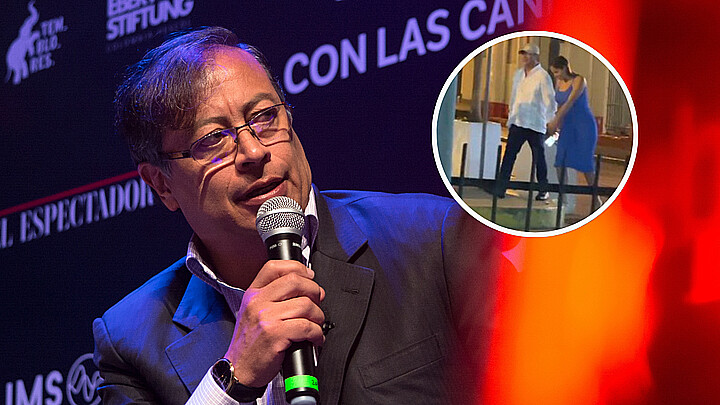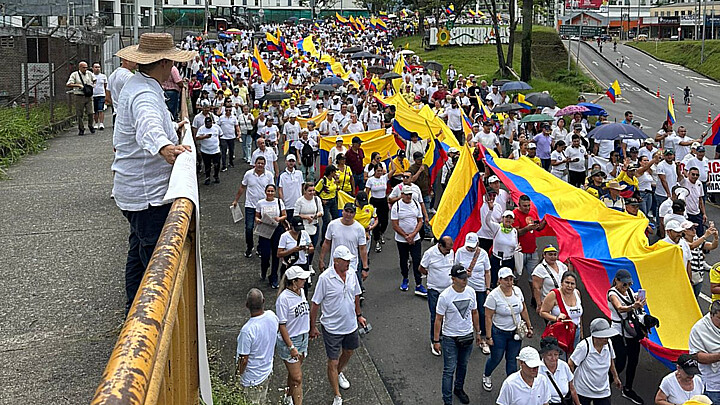Politics
ELN and Colombian government sign partial peace agreement in Cuba
The announcement has generated controversy due to the omission of important aspects, such as kidnapping and extortion, that were expected to be included in the agreement. "If we collect a tax in the regions, those are ELN finances. For now, we will maintain them," announced Pablo Beltrán, head of the guerrilla delegation

June 12, 2023 7:30am
Updated: June 12, 2023 7:30am
Colombia’s government and largest remaining guerrilla organization signed a cease-fire agreement Friday during talks in Cuba, in hopes of resolving a conflict dating back six decades.
The Colombian government and National Liberation Army (ELN) announced the agreement at a ceremony in Havana attended by President Gustavo Petro, ELN commander Antonio García and Cuban Communist Party officials.
The cease-fire is scheduled to gradually go into effect, providing a readiness phase until July 6, followed by an official phase starting August 3.
“This effort to look for peace is a light of hope that conflicts can be solved politically and diplomatically,” top ELN negotiator Pablo Beltrán said at the ceremony.
The announcement has generated some controversy however because there are loopholes that may enable the ELN to still engage in racketeering reprisals, under the auspices of "collect[ing] tax" from Colombians.
Pablo Beltrán, head of the guerrilla delegation, clarified that these points were not discussed and that the guerrilla's finances will remain unchanged, which means that they could continue to carry out some criminal activities.
"Financial operations began to be discussed, but that point was not finalized. It will continue to be discussed and these protocols did not include them. If we collect a tax in the regions, those are ELN finances. For now, we will maintain them," Beltrán said.
#Atención Cese del fuego bilateral no incluye suspensión de secuestros y extorsiones por parte del ELN.
— BluRadio Colombia (@BluRadioCo) June 9, 2023
"Las operaciones de finanzas del ELN se comenzaron a discutir aquí, pero esa discusión no terminó, se va a seguir discutiendo, entonces en estos protocolos no entraron”,… pic.twitter.com/4FMHSERduN
The ceasefire is the longest agreed to date between the Colombian government and the ELN. Both parties have highlighted the humanitarian importance of this agreement, which seeks to create a better climate for the participation of society in the peace process.
Talks between both sides resumed last year after they were terminated in 2019 when the ELN set off a car bomb at a Colombian police academy in Bogota killing 21 people.
Then President Iván Duque (2018-2022) issued arrest warrants for ELN leaders taking refuge in Cuba, but the communist regime refused to extradite them, arguing that extradition would compromise its status as a neutral and break diplomatic protocols.
Talks relaunched in November shortly after Petro was elected as Colombia’s first leftist president. Petro is calling for what he calls "total peace" which would require the ELN to cease all activities and essentially break up.
Petro has expressed concerns that such a move is even possible since he has doubts that senior ELN leaders have actual command over a younger generation of gang leaders who seem more focused more on trafficking drugs than political objectives.
The ELN was founded in the 1960s by priests, students and union leaders inspired by the communist Cuban revolution. Following the government's 2016 peace deal with FARC, it now remains Colombia’s largest remaining rebel group.
The next round of negotiations between the ELN and the Colombian government will take place in Venezuela from August 14 to Sept. 4, and it is expected that pending points will be addressed and progress towards more concrete agreements.
In the meantime, it has been agreed that the U.N. and the Catholic Church will be in charge of monitoring compliance and hold follow-up meetings every two months.










